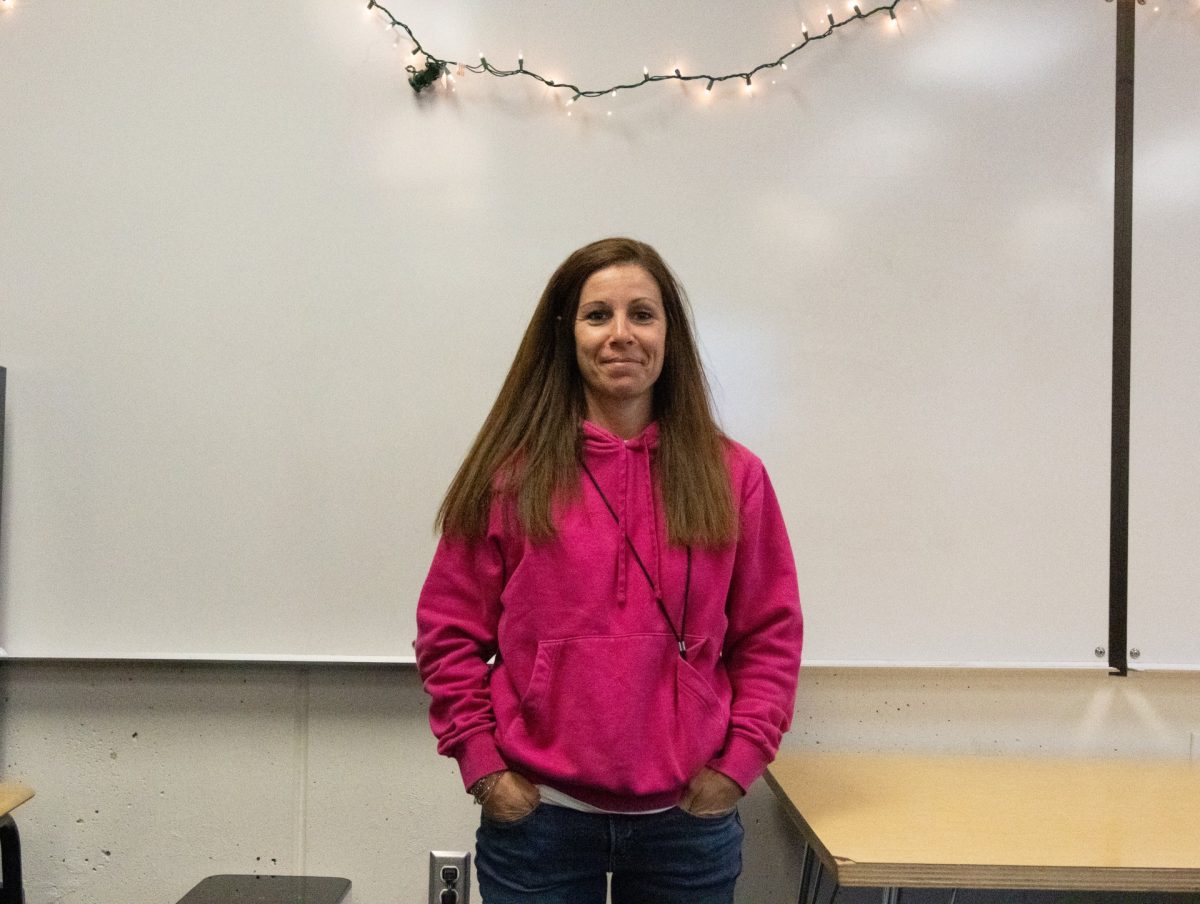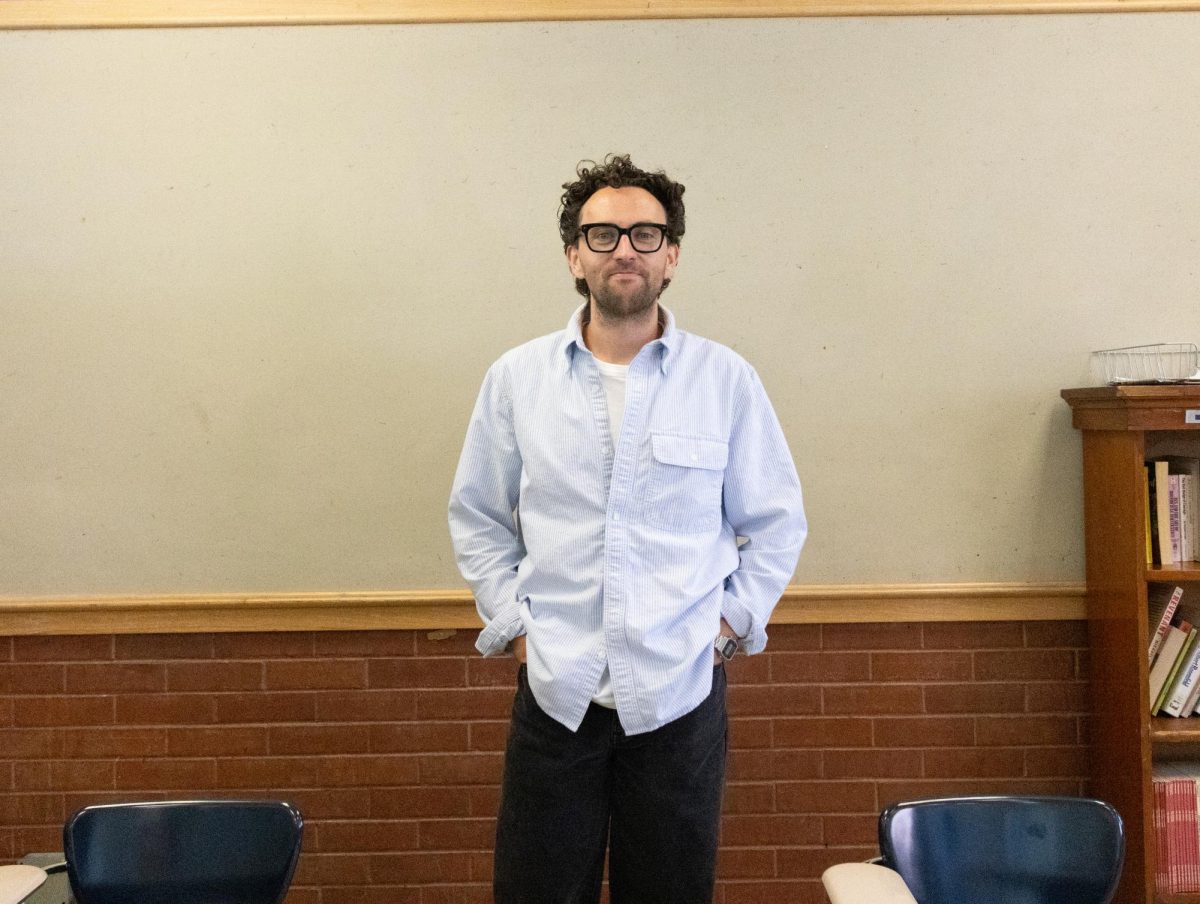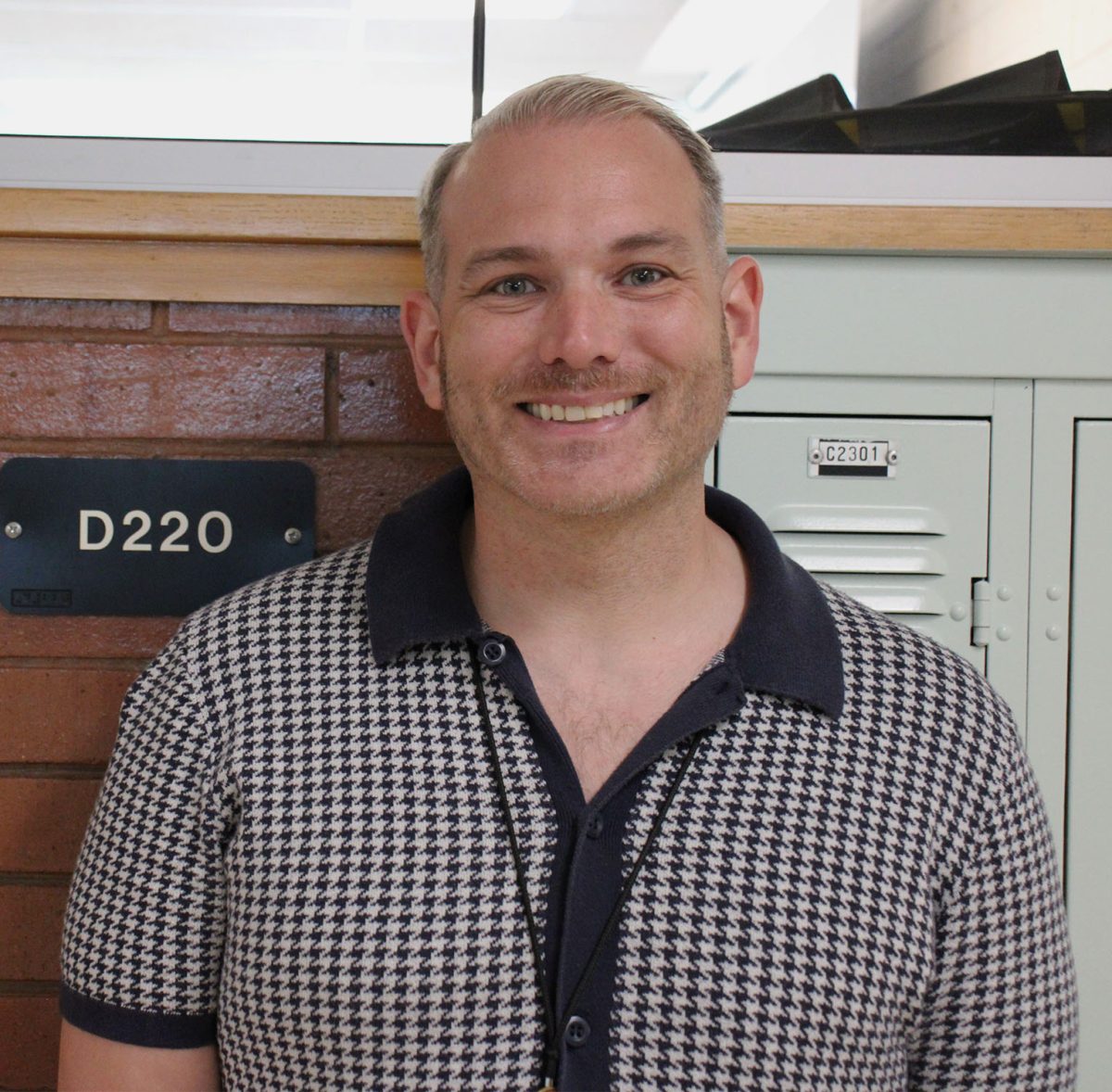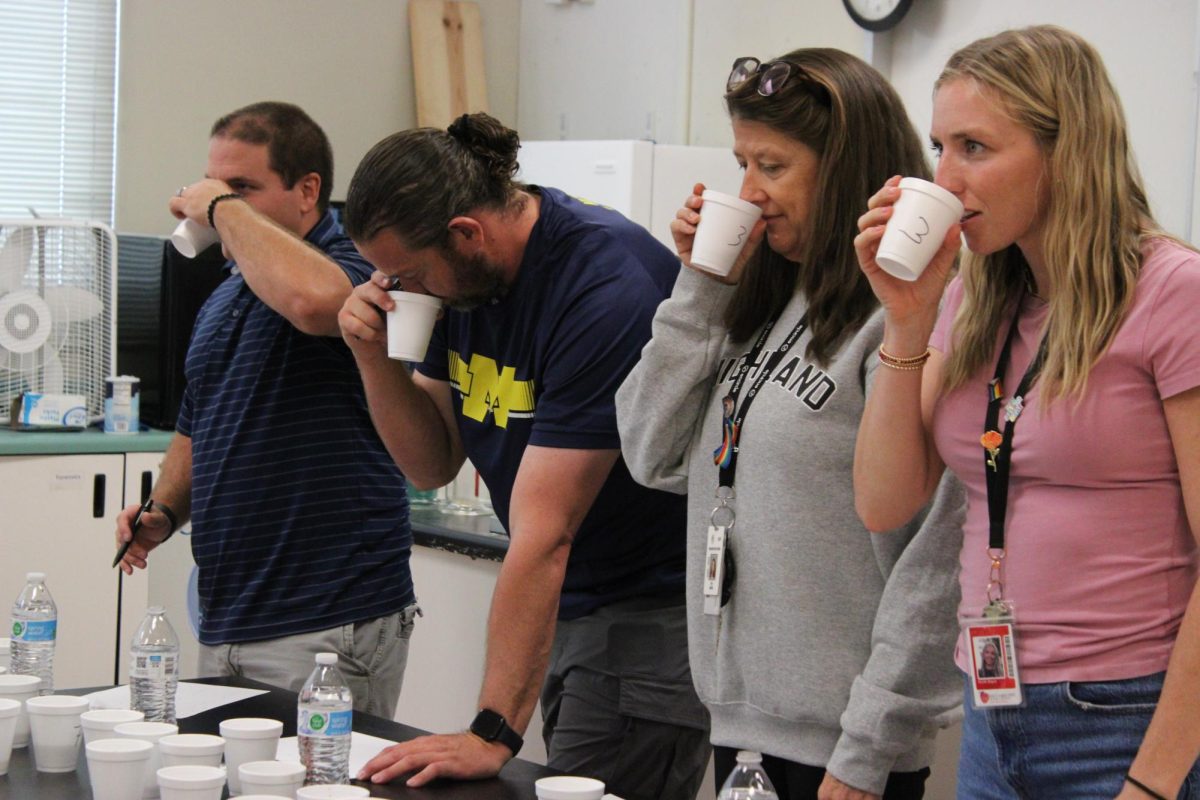Salt Lake City Goes Local With New Super
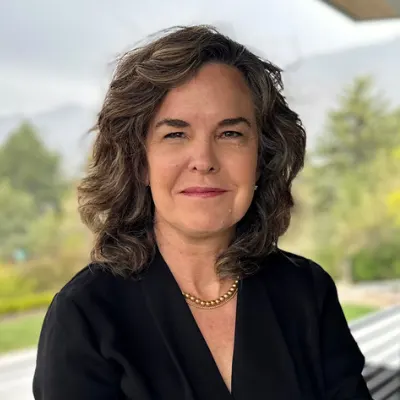
New Superintendent Dr. Elizabeth Grant
May 30, 2023
The Salt Lake City School District is on its fifth superintendent in six years. With the announcement that Dr. Elizabeth Grant will be the new superintendent, staff around the district are hoping the Salt Lake School Board has finally gotten it right.
Unlike her two predecessors, Grant has extensive experience in the Salt Lake City School District. In the past, she has served as the principal of Lowell Elementary and assistant principal of Edison Elementary. She is leaving her position as an associate professor of education in the Graduate School of Education at George Washington University to come back to Salt Lake City.
“I am so excited to be back here in the Salt Lake City School District,” Grant said in a press release. “Salt Lake City is home.”
She follows a wake of turbulence within the superintendency office. Former Superintendent Timothy Gadson resigned from his post last October amid scandalous allegations, after being placed on administrative leave since July. Gadson was hired to replace Superintendent Lexi Cunningham, who was forced to resign after relationships with board members rapidly deteriorated.
Many teachers feel disheartened by the lack of stability due to the changes superintendents often wish to make when they take the position. Alisha Slater, the choir teacher at Highland, wishes that new superintendents would make decisions that make a difference after talking to teachers.
“They’re not making decisions that affect students in a vacuum. I want them to get their input from stakeholders like our students and parents, but also from the teachers,” Slater said.
The fact that Grant has local ties has many teachers feeling hopeful about the new hire.
“I feel like when the board brings in outside hires, meaning people not from the top or not familiar with how Salt Lake City School District works, they try to change too many things too quickly, and don’t understand the culture of Utah,” Highland language arts teacher Emily Paxton said. “I also want a superintendent who trusts teachers because we are trained professionals. A superintendent who listens more than they talk.”
Grant grew up and attended schools in the Salt Lake City School District. She has had extensive experience in the district, fixing something many teachers and staff members wanted changed from prior years.
“I received my own education here in the district and am a proud alum of Rosslyn Heights Elementary, Wasatch Elementary, Bryant Junior High School, and East High School.” Grant said in a press release. “I also had the opportunity to serve as principal of Lowell Elementary and as assistant principal of Edison Elementary. My family has been rooted in the Salt Lake City community for generations, and I am completely invested in the success of Salt Lake City’s children and youth.”
Teachers also want someone who listens to them and respects their decisions.
“I want someone who will listen to teachers. I feel sometimes they come in with ideas of what they think things should be. Where we have field experience in this district,” said Highland art teacher Tera Hunter.
Salt Lake City School District has a policy called “shared governance”. According to the district website, shared governance is the “process for participatory decision-making.” Although it is the exclusive right of the Board of Education to determine the goals and direction of the district, in 1974, the Salt Lake Board of Education agreed to delegate the right to local sites to make some decisions with the shared governance process. Shared governance is based on the philosophy that education is a responsibility of all employees and the community, and that when people work together to make decisions, many advantages accrue.
Shared governance is supposed to involve teachers, who are uniquely situated by virtue of their position to provide insight into the direct needs of students, into the process of making decisions for the district.
This is like a constitutional monarchy; the Board of Education has the final say in any decision and can make choices without any input from teachers and stakeholders in the district, but often the most meaningful and lasting changes are made with direct input from teachers and community members throughout the district. However, over the course of the 49 years shared governance has been in place, the Board has made changes without any input—or even a heads-up—to teachers and faculty, often with mixed reactions.
“Something that came up was we, uniquely in Salt Lake City School District, have something called shared governance. And that means that we as teachers have a say in what goes on in the district and [help] make decisions and they kind of overstepped that with the advisory.” Said Hunter.
Policy and bureaucratic tasks that have been increasingly piled on teachers have taken the passion from many teachers. Kyle Bracken, a history teacher and head of the IB Program at Highland, said,
“There’s just such an enormous list of tasks. Some of them have to do with legal liability; some of them have to do with record keeping; some have to do with attendance; some of them have to do with management, like classroom management. That kind of stuff. They’re just, they just suck all the creativity out of it. In fact, usually our first day of training that we do is all about policies. Like we come out of summertime and we’re all excited to come back and teach, and we just get beat up by policies.”
“We need to record lots and lots of data so that then we can use the data to then evaluate whether or not we’re doing our jobs, whether or not we’re being effective. But sometimes the data collection is done in such a cumbersome way that it ends up distracting from what we’re really trying to do. That has to do with students, too. We’re testing students way too much.” Bracken said. “If you want the cow to get fatter, you shouldn’t weigh it more often, you should feed it more often.”
There is also a disconnect between the higher-ups in the district and many of the community members, something a good superintendent could fix.
“I think a lot of families don’t feel like they can reach out to the school very easily. I Think there are a lot of families who don’t get the information that they are looking for or need very easily. And I think the district can help the schools do better outreach to families and we can be more creative about how to do that?” Said Diedre Straight, who runs Student Success.
Superintendents could be going out into the community and engaging with parents and families that might not be able to traditionally connect with the district: families that are lower income or unable to air their concerns.
“When I’ve talked with some parents, my reaching out to [the parents] stands out to them. And they appreciate it because they don’t feel like they’ve had that before,” Straight said.
In general, teachers want to be heard and respected. They are the professionals who are right there in the classrooms, knowing what each individual student needs. Many teachers want to once again have a direct say in the decisions at a district level.
“So, to me, there’s, you know, a vision of what we’re really trying to do is what the Superintendent’s responsible for. Really trying to make learning fun. Really trying to get passion into our educators and our students about learning.” Bracken said. “So, if there’s something you’re doing that’s not creating passion, it’s sucking the life onto somebody. Stop it, do something else.”





